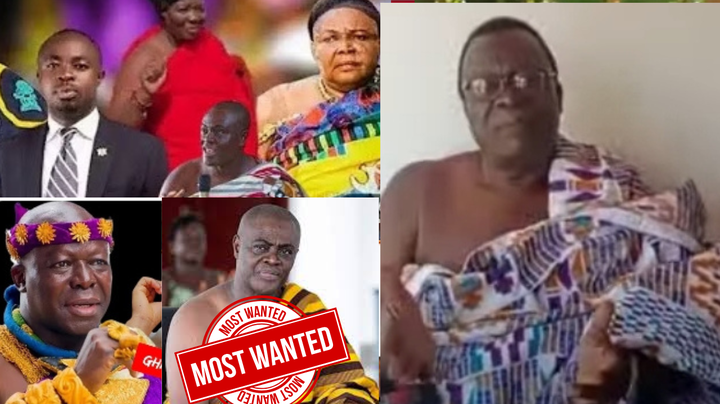The chieftaincy dispute in Berekum has taken a dramatic turn as the Berekum Traditional Council has firmly rejected the installation of a new chief, despite Otumfuo Osei Tutu II’s involvement in the process. The rejection has intensified tensions in the Bono Region, where chieftaincy matters have long been a source of controversy and legal battles.
Reports indicate that the Berekum Traditional Council, led by the Berekum Kontihene, has openly declared that they do not want a new chief at this time. The council’s decision comes amid concerns over the legitimacy of the selection process and the broader implications for traditional governance in the region. The rejection is seen as a direct challenge to Otumfuo’s authority, as he was expected to oversee the installation of the new chief.
The dispute has been brewing for months, with factions within Berekum expressing dissatisfaction with the selection process. Some elders and royals argue that the nomination did not follow proper customary procedures, while others believe that external influences have played a role in the decision-making. The rejection of the new chief has led to heightened tensions, with some fearing that the situation could escalate into a full-blown chieftaincy crisis.
Adding to the complexity of the issue, recent court rulings have also impacted the chieftaincy dispute. A Sunyani High Court previously issued an injunction preventing Dormaahene from attending the funeral rites of the late Berekumhene, Daasebre Dr Amankona Diawuo II, citing concerns over potential clashes between traditional authorities. The legal battles surrounding Berekum’s chieftaincy affairs have further deepened divisions within the Bono Region.
Otumfuo Osei Tutu II has called for calm amid the ongoing dispute, urging all parties involved to exercise patience while the matter is resolved. However, the rejection of the new chief raise’s questions about the future of Berekum’s traditional leadership and whether Otumfuo’s authority will be challenged further.
As the situation unfolds, all eyes remain on the next steps—whether the rejected chief will challenge the decision, whether Otumfuo’s influence will shape the outcome, and whether the courts will intervene further in the matter. The unfolding events will undoubtedly have lasting implications for the region’s governance and traditional authority.
